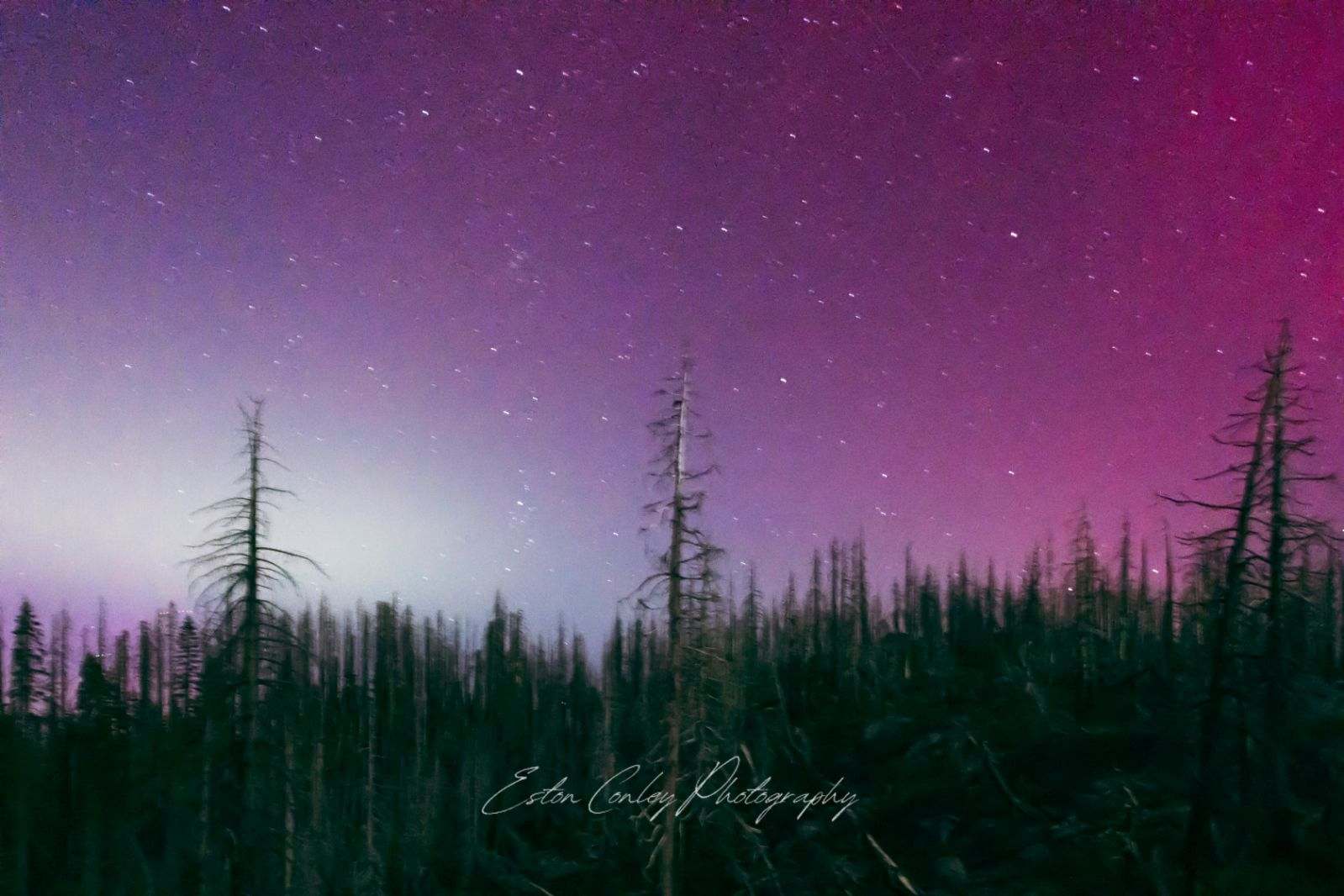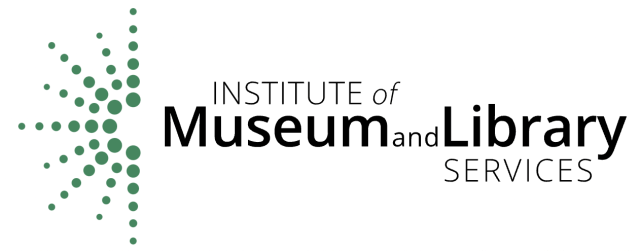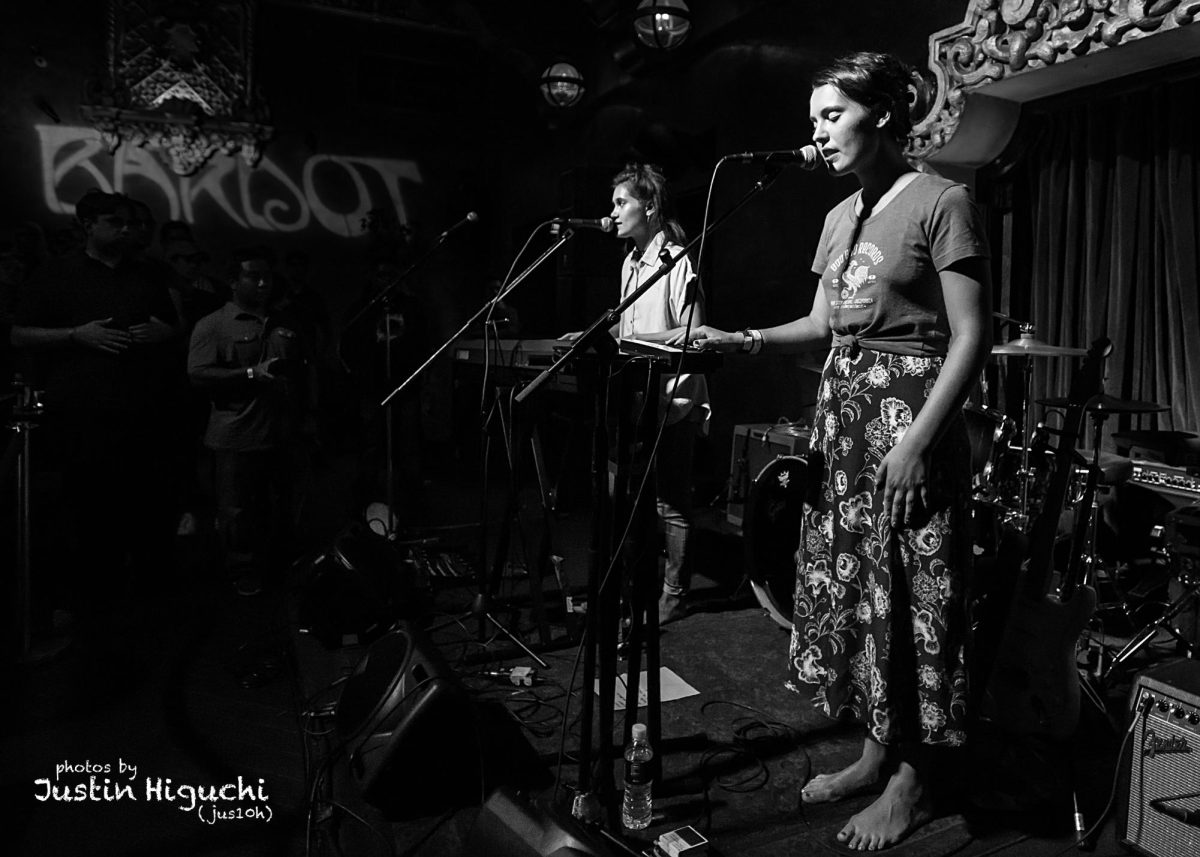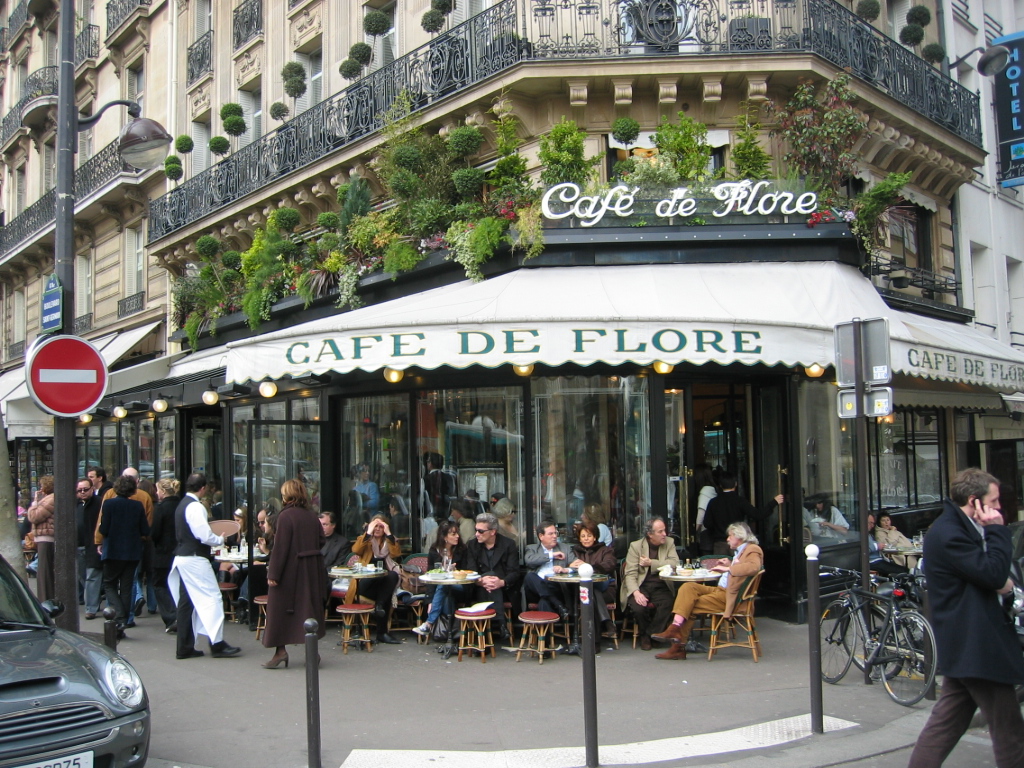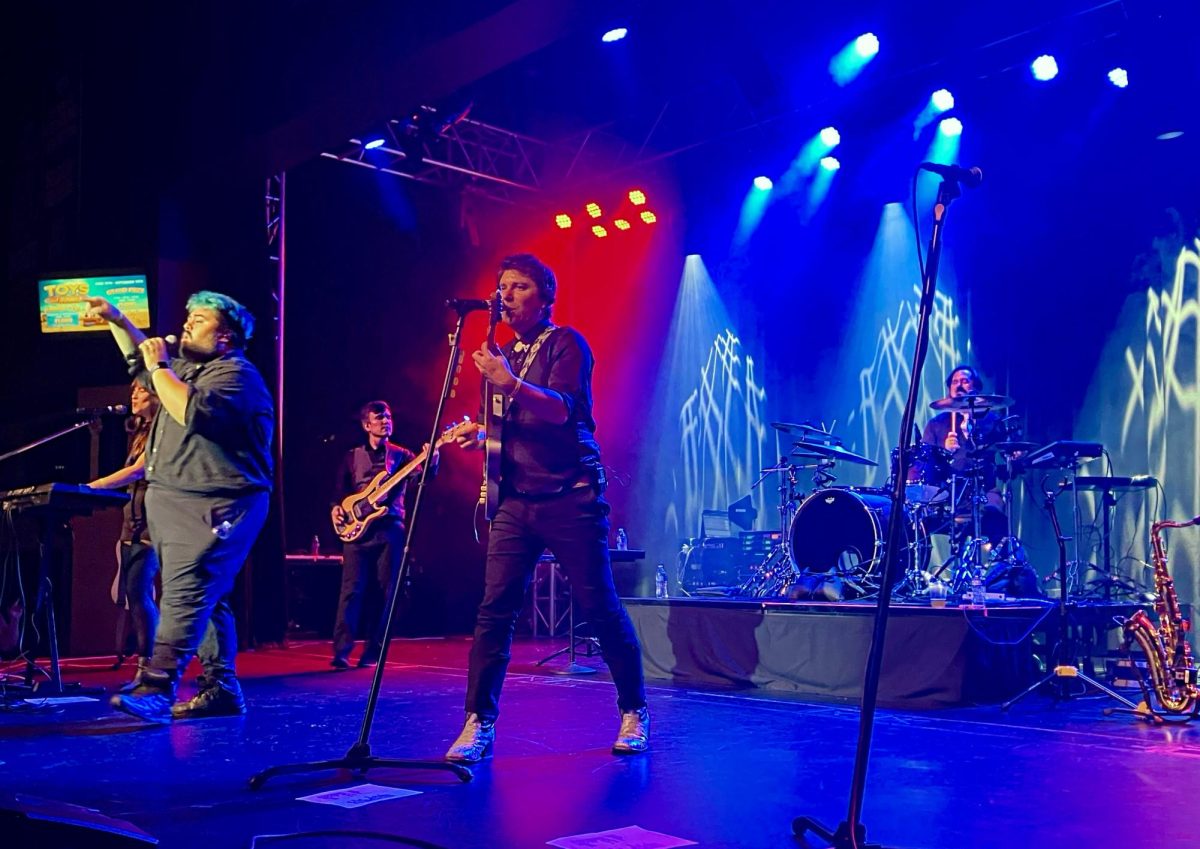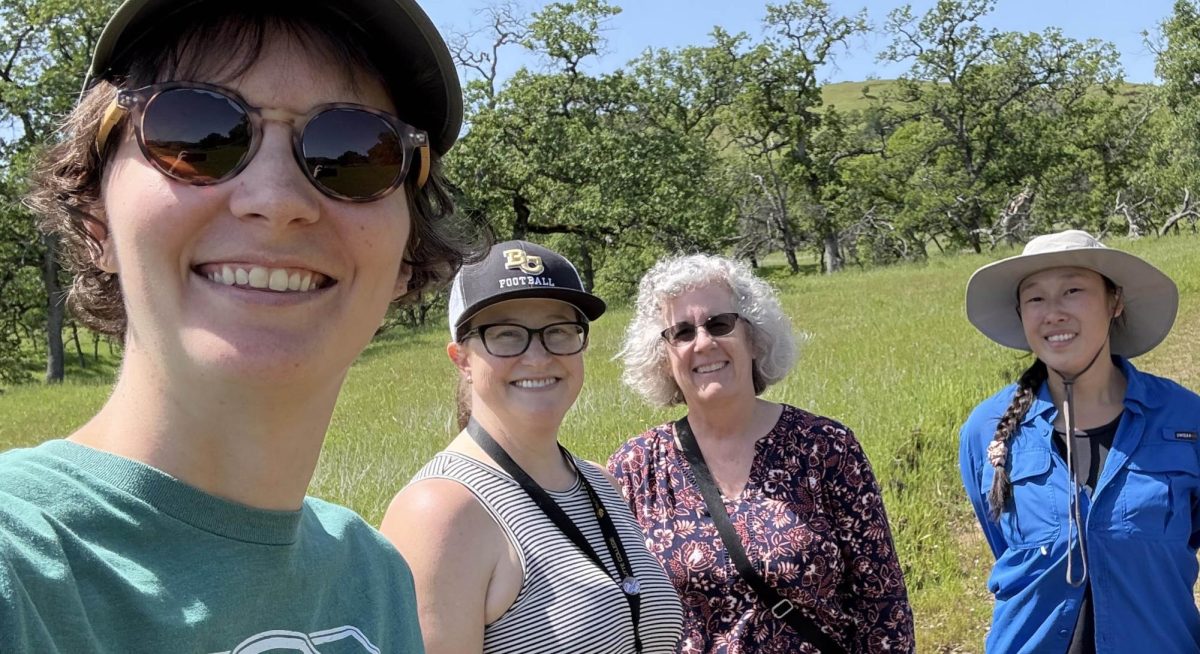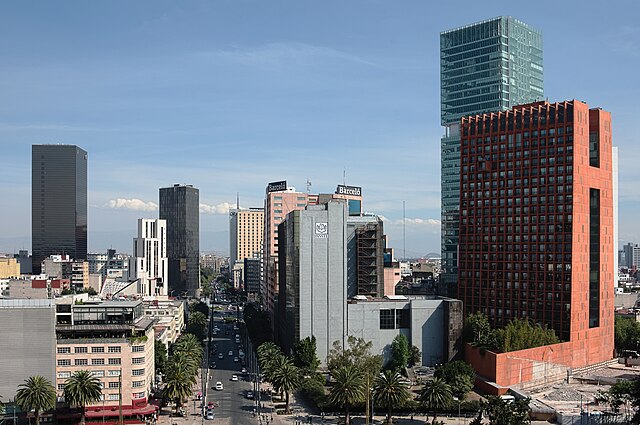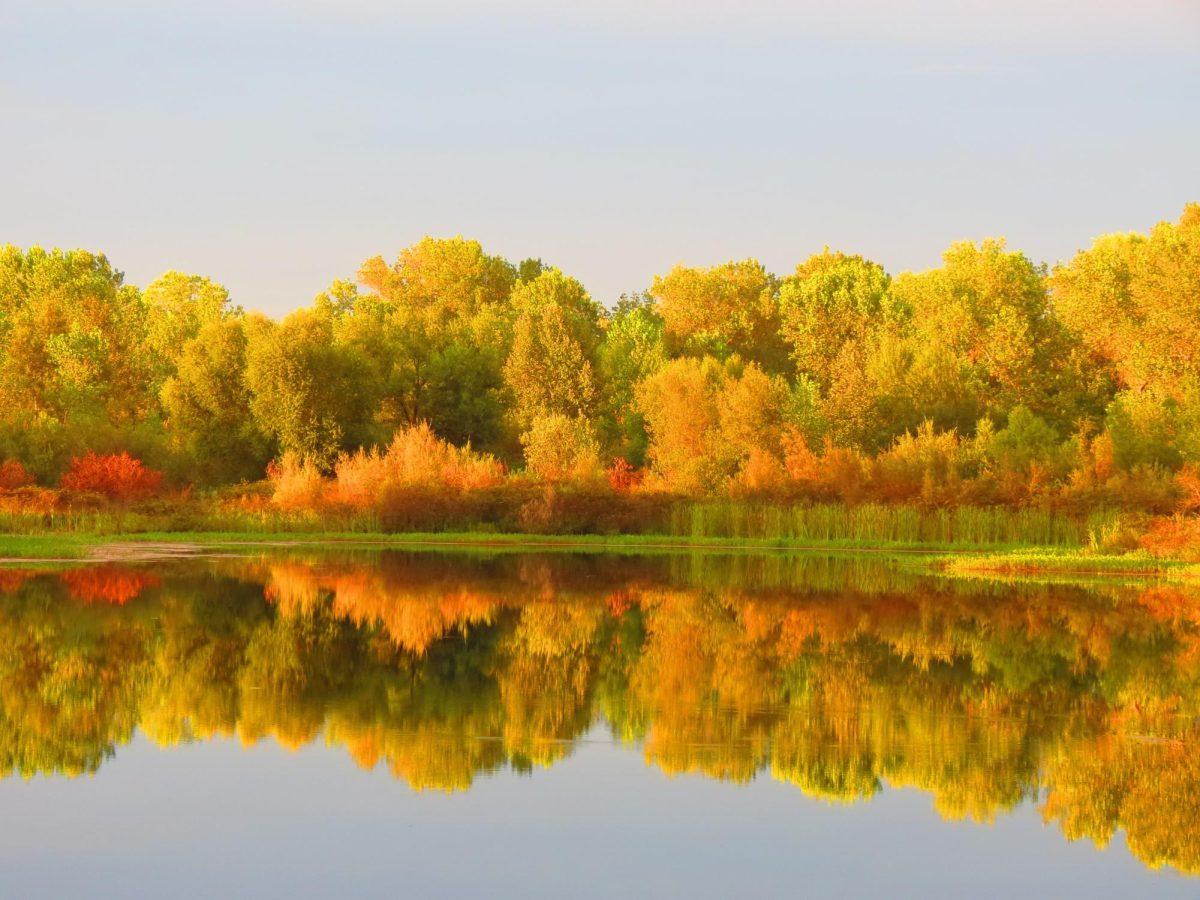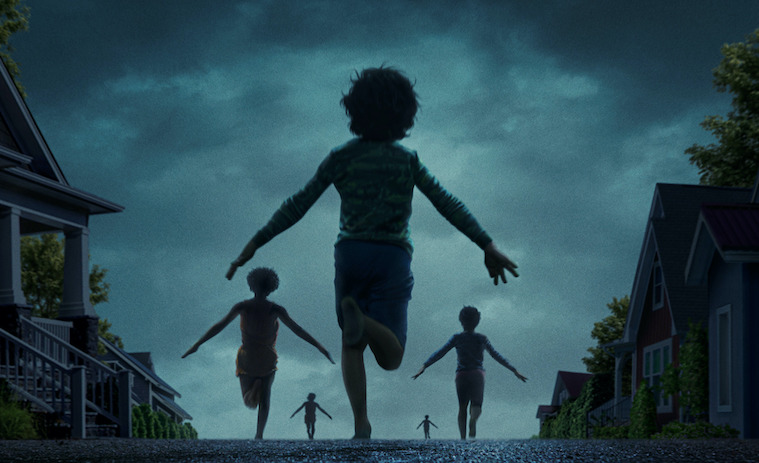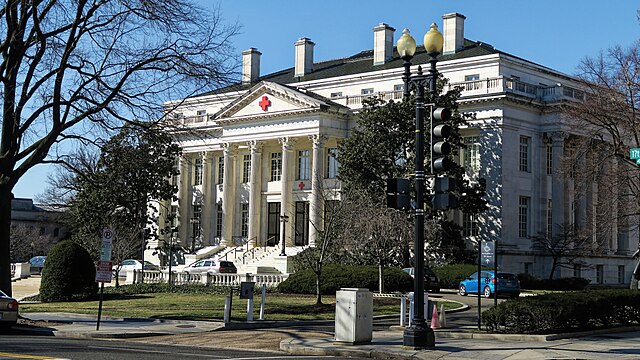October is full of surprises as there have been quite a bit of things happening in the sky that many haven’t seen in a lifetime or more.
You probably have heard or seen the pictures posted to social media about the Auroras Borealis, otherwise known as the Northern Lights.
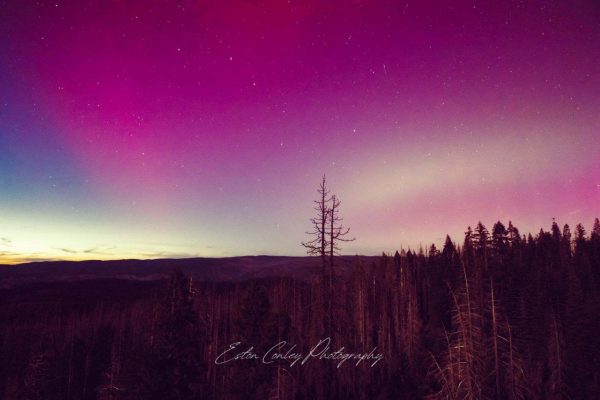
Oct 12: Comet C/2023 or Comet Tsuchinshan-ATLAS made its closest approach to Earth. It was last seen in our hemisphere 80,000 years ago, that’s so long-ago Neanderthals were walking the Earth, according to National Geographic.
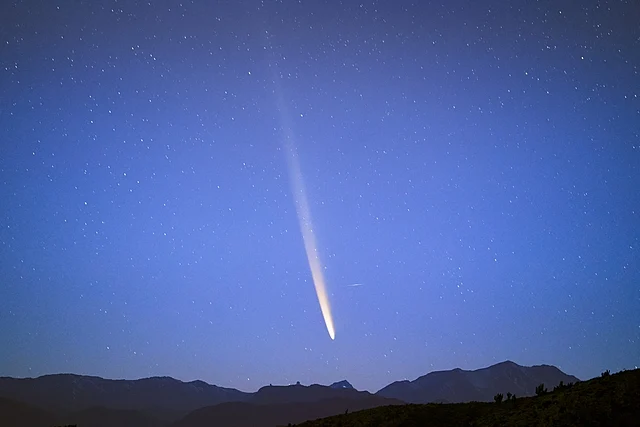
October 14: A lunar occultation is when the Moon moves in front of another planet celestial object. The Moon moved in front of Saturn but was mostly visible in Asia and Africa.
While these two recent events plus an eclipse that happened earlier in the month are gone, the full moon is happening now. This month’s Harvest Moon will also be a super moon which means the Moon will look huge and will be super bring. More October celestial events are yet to come; plus, the admission is free.
What will you see and when:
October 17: The sky will glow bright as the Moon will be in Full Moon phase with the Hunter’s Moon. This will be one of the biggest super moon of the year.
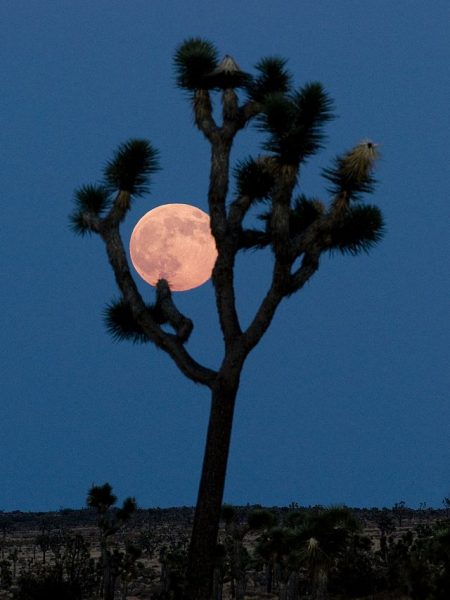
October 21: A double-header will happen this day, as the Moon will be close to Jupiter, and the Orionid meteor shower will be at its peak.
October 28: Comet C/2024 S1 will reach perihelion- its closest point to the sun. It’s possible this Comet can be seen in the sky brighter than Venus.
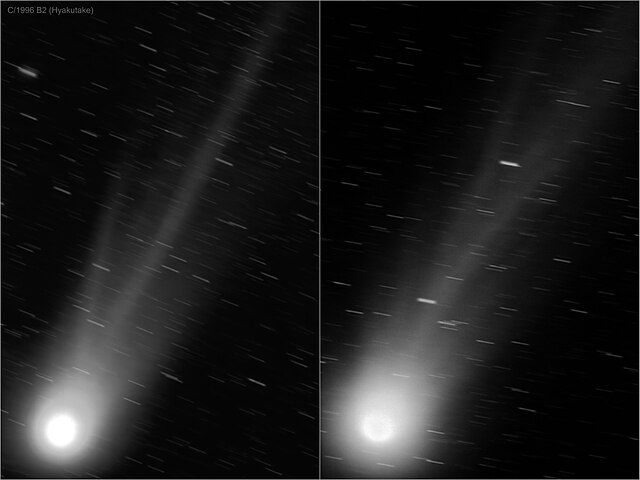
How can I see these events?
You don’t need a special telescope, but you will need is a pair of binoculars (a regular telescope is better) but just make sure you go to a dark place with little to no light pollution. Or, head to the Chico Observatory located in California’s upper Bidwell Park near Horseshoe Lake. The Community Observatory is open Saturdays from 6-9 and Sundays for 24 hours.


